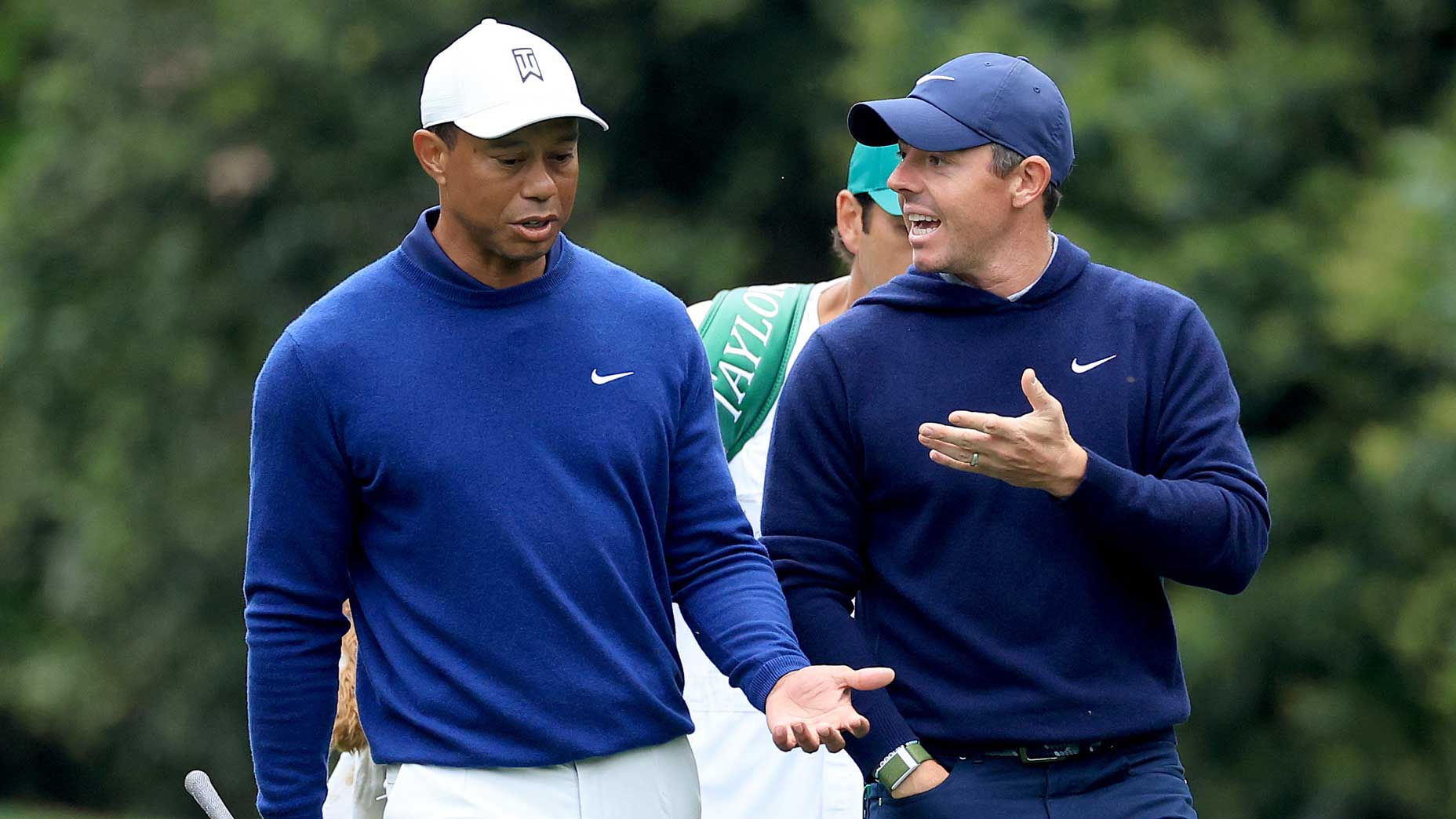How does LIV decide its contract negotiations? A ‘formula.’

Bubba Watson talked LIV's contract strategy in an interview with Barstool's "Fore Play" podcast.
Cliff Hawkins/Getty Images
Make no mistake, LIV Golf is giving out funny money. And this story will do nothing to disabuse you of that notion.
But as it turns out, even funny money has a price. And on this week’s episode of Barstool’s “Fore Play” podcast, former Masters champ Bubba Watson explained how.
According to Watson, things at the rival golf league are not nearly as free-wheeling as the eight-and-nine-figure guaranteed contracts may make it seem. Sure, the Saudis are flush with cash, Watson says, but they’re also exacting about the value attached to every player the league attracts.
“There is actually a formula,” Watson said. “These are smart businessmen. [The PIF] has made it because they’re smart at what they do. They own a piece of almost every company that’s ever been built in the United States, right? They have a formula of how they invest their money. It’s not just some made-up number, it’s an actual real number for a reason.”
Watson’s words align with what LIV staffers have told me on a handful of occasions in the last 24 months. Contrary to popular belief, the league is operated on a budget, and those budgets have to be adhered to by those within the ecosystem. Of course, there are exceptions to that rule — like, for example, when a figure like Jon Rahm represents an opportunity to swing the negotiating leverage between the PIF and PGA Tour, and LIV scoops up the reigning Masters champ. In those instances, practical business rationale goes out the window and “being a 700+ billion dollar sovereign wealth fund” takes center stage. But that’s certainly not the case for everyone, Watson says.
“There are some guys on the [PGA] Tour that just came up with random numbers,” Watson said. “The league is just like, ‘Who are you?’ I would never call those people out, but there are some random numbers and you’re just like: ‘You haven’t even made that much in your career!'”
Indeed, for the most part, the PIF has gotten its money by being smart with it. And that means its contracts, while lucrative, represent something that at least has some basis in reality.
“When I went [to LIV], I’ve signed a lifetime deal with Ping, right? I have other sponsors – I have a watch sponsor, I have a clothing sponsor – so I had money. The money is null and void,” Watson said. “They’re not just throwing out money randomly. There is actually a formula of why so-and-so gets this.”
Of course, the idea the Saudi negotiations are simply mathematical is farcical. There’s a bonus built into the top of every contract to sweeten the deal sufficiently for a player to join. But, Watson says, that number depends upon the player — and that player’s perceived value.
“They might have added on 5 percent, they might have added on 2 percent, depending on who you are. They might have added .5 percent for me,” he said. “There’s a formula out there that we have behind the scenes, it’s not like, ‘Here’s a check.'”
Funny money? Sure. But certainly not stupid money.










